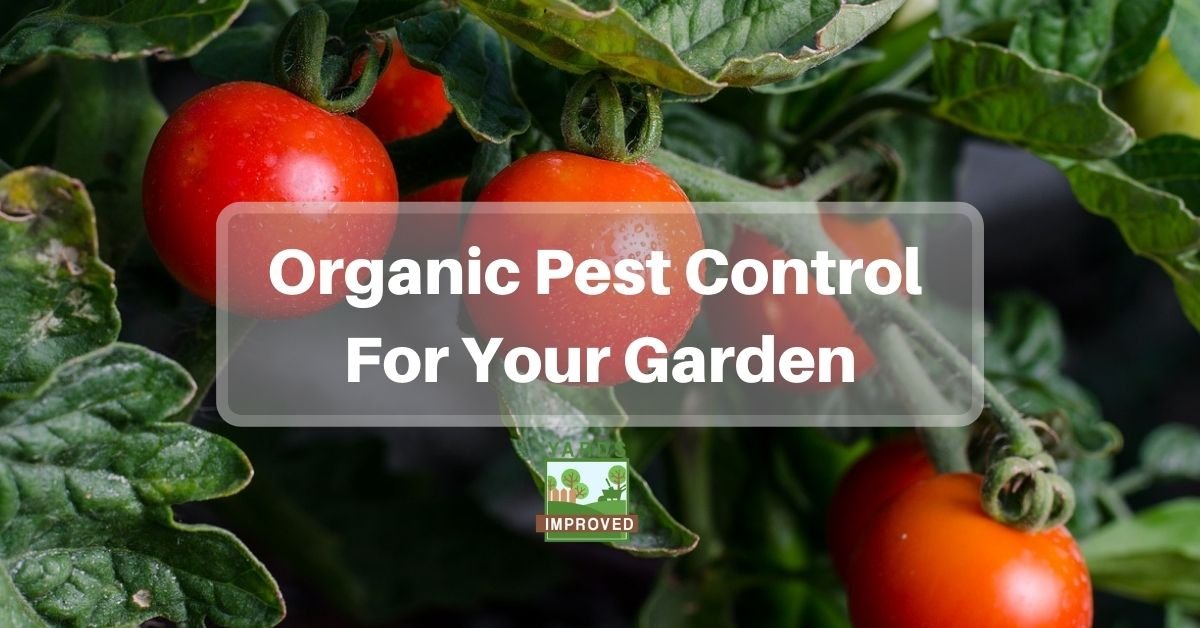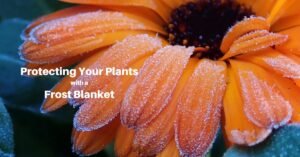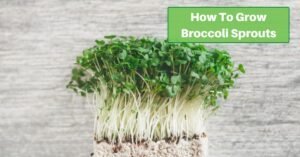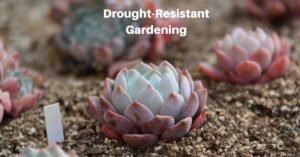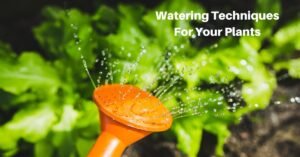One of the biggest challenges for any gardener is keeping six-legged pests under control. Insects can damage and even destroy plants. At the same time, there are concerns about the type of product you use. After all, you don’t want the solution to do more harm than the problem itself. That’s why many people look for organic solutions for garden pest control.
Here, we’ll look at the pros and cons of using organic methods to protect your garden from pests. We’ll talk a little about whether they’re effective and necessary. Finally, we’ll look at some common ways to use organic products to keep pests under control.
Why Not To Eliminate Insects
Before talking about keeping insects away from your garden, we should mention that insects aren’t all pests. They’re often important for your garden’s health.
Yes, there are harmful insects that will eat their way through leaves, flowers, and fruits. But many insects help keep other critters in check. Ladybugs are one example – they attack aphids, colorado potato beetles, and whiteflies. But most people love ladybugs, anyway. But ground beetles, green lacewings, and many others also prey on harmful bugs, slugs, and other pests.
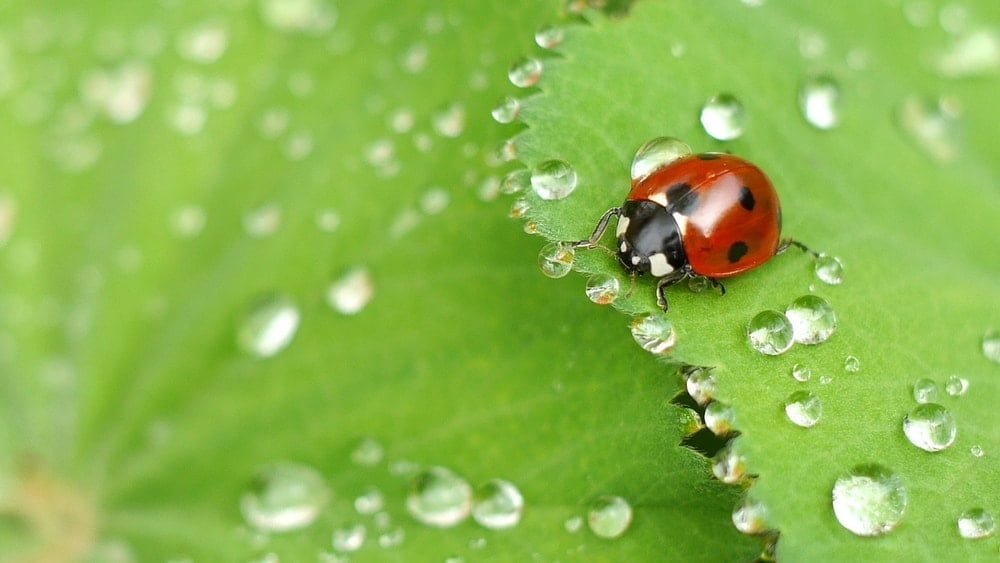
And that’s not to mention spiders! While many people have an aversion to these 8-legged creatures, they’re wonderful to have in the garden or even the house. They do a wonderful job of getting rid of insects of all kinds. So even if it’s unnerving to see them, it’s best to learn to coexist when possible.
So don’t be too quick to eliminate all the insects (or spiders) that you find. You may want to attract them instead! That can be done by adding certain kinds of plants that they’re attracted to.
And don’t forget how important bees are, too! They don’t control pests, but without them, we wouldn’t have many of our favorite plants and trees.
Why Choose Organic
So what’s the purpose of choosing organic ways of controlling garden insects? There could be several.
One is for your health. Using natural products is often safer than using manufactured chemical pest controls. Some (not all!) commercial chemical mixes have been proven to cause harm to human beings. Over the years, most of the harmful ones have been removed from the market, but of course, we might still be nervous. Some may cause harm only in huge doses – the kind we’d never encounter in a normal lifetime. But the possibility of side effects can be enough to scare us.
Another reason to turn to organics is out of concern for the environment in general. Even if insecticides don’t harm us, they could harm other animals or plants.
There’s also concern about not harming even the insects that would hurt garden plants. After all, they are doing what comes naturally to them. Most commercial products seem to be “insecticides” – that “-cide” on the end means it kills them. If you’d rather deter them instead of outright killing these bugs, organic products often make the better choice.
Still having problems dealing with insects? Find more tips here.
Does Organic Always Mean Good?
Sometimes, it seems that some people fall into a trap that natural or organic is good and “chemical” is bad. There are a few problems here, though.
First, everything is made of chemicals. Water is a chemical. Healthy soil contains many chemicals. Food is full of chemicals. The real distinction should be between natural and synthetic products.
But being natural doesn’t mean it’s good for us or the environment. Deadly nightshade – atropa belladona – is a plant that grows naturally, but it’s poisonous to us and many animals. Poison dart frogs are, well, poisonous. Hurricanes are natural, too.
At the same time, because something is synthetic doesn’t mean it’s necessarily bad. The computer or phone you’re reading this on is synthetic. So are many products that don’t necessarily harm the environment.
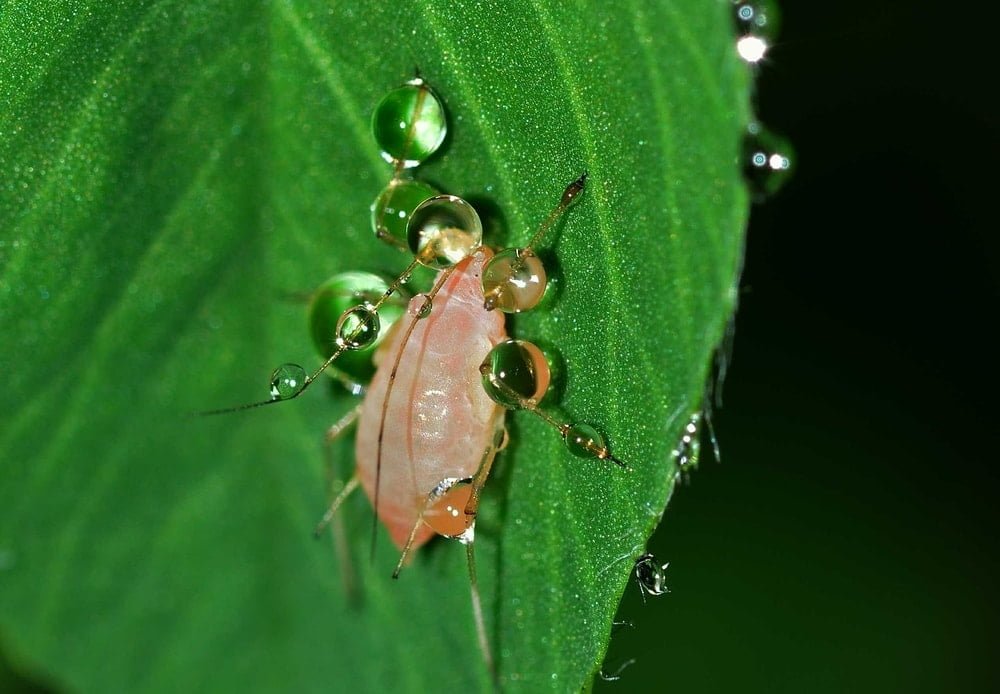
Historically, many natural attempts to fix natural problems didn’t work out so well. For instance, the kudzu vine was introduced to the US to help prevent soil erosion. But it soon grew out of control. Another example is the mongoose, which was brought to Hawaii to eat rats. However, since rats are nocturnal and mongeese are active during the day, the mongoose turned to native birds for food. These and many other examples remind us that natural doesn’t always mean good!
Beyond that, though, there are also times when there’s a good organic fix to a problem, but it might not be good enough. If there is a major infestation of a pest, it might be necessary to use synthetic pest control to get rid of it. The organic solution may not work quickly or thoroughly enough.
The best solutions are usually a combination of both organic and synthetic ways of controlling pests. Both should be investigated carefully to make sure they’ll work well for your particular needs.
Some Great Organic Ways To Control Insects
Let’s look now at some great organic ways to control garden pests. We’ll save mechanical ideas like nets and traps for another article. We’ll look at simple sprays and similar substances that will help keep your garden free of harmful pests.
This is far from a comprehensive list. There are too many organic pest control methods for one article. We’ve chosen a few of our favorites, though, and some we’ve found to be effective. Know others? We’d be glad to hear about them in the comments, and maybe incorporate them into the article!
Garlic Spray
Works for: aphids, whiteflies, many types of beetle.
For this solution, you need a few cloves of garlic, two teaspoons of mineral oil, some biodegradable dish soap, and water.
Peel the garlic and leave three or four cloves in the mineral oil overnight. The next day, remove the cloves. Add the oil along with a teaspoon of dish soap to a pint of water and store it like this.
When you’re ready to use, mix two tablespoons with a pint of water in a spray bottle. Spray the leaves of your plants, being sure to get the top and bottom.
This solution will irritate the pests and discourage them from visiting! It can be strong enough to kill them, as well.
Diatomaceous earth
Works for: all insects
Diatomaceous earth is made up of the tiny fossils of tiny sea creatures known as diatoms. The silica in their skeletons is left behind. Silica makes up over a quarter of the earth’s soil, too!
This silica is like the little silica packets you’ll find when you buy a new suitcase or purse. It helps dry things out. In your garden, it absorbs moisture right from the skeleton of insects as they pass by, slowly drying them out and killing them. The silica also has rough edges, which helps speed up the process.
This is a completely natural process that’s harmless to humans. The diatomaceous earth simply contains higher concentrations of silica than normal earth.
Chili Pepper Spray
Works for: most insects as well as some other garden pests
Ever get chili pepper in your eye or on a cut? Now imagine if you were bug-sized! Chili pepper is a great repellent for insects. And if you’d rather repel them than kill them, this is a fantastic solution.

Mix a tablespoon of chili powder in a quart of water and spray it around your garden. If you want to use fresh hot peppers, start by blending ½ cup of chilis with a cup of water, then add the mixture to a quart of water. Don’t forget that hot chilis can burn you, too, so use gloves and don’t get the mixture near your eyes, nose, or mouth.
Simply spray it around your garden and the bugs will avoid your plants!
Neem oil
Works for: aphids, whiteflies, mealybugs. It also works on bed bugs! It can be found as an antifungal for plants as well.
If the name “neem oil” seems familiar, that’s because you’ve probably heard it associated with cosmetics. This natural oil from an ornamental plant has a multitude of uses!
It’s harmless to humans, but neem oil is deadly to insects. It also helps control fungal growth, which is another common garden problem.
Neem oil is sprayed onto leaves or mixed into water. It’s absorbed by the plants. It discourages pests from eating the plant and also discourages mating behavior. It even helps prevent eggs from mature. At the same time, it’s harmless to the plant and safe for birds, pets, and people as long as it’s not ingested.
Soap spray
Works for: most insects
Insecticidal organic soap sprays are available, usually in concentrated form. Dilute and spray directly on the bugs you see. This does kill the bugs. It also requires constant reapplication as new bugs hatch, at least until you eliminate them.
Dishwashing detergents also form part of the mixture for many other sprays. Be sure to look for biodegradable detergents.
Beer
Works for: slugs and snails
Slugs and snails are gastropods, not insects, but can still be garden pests. Irritants will help keep them away, but regular beer is also a good solution. And you don’t have to spring for the expensive stuff!
These slimy creatures are attracted to the yeast in beer – they’re not looking to get smashed at a kegger. So you could use a yeast/sugar/water mixture here.

Pour your beer into a disposable pie tin, a tuna can, or similar container. The pests will be attracted, fall in, and drown.
This only works over short distances, however. If you know of a particular area where you have a problem, be sure to set up your slug trap there. And it’s only moderately effective; many may drink and escape. But it can help to a limited extent.
Conclusion
There are a lot of good reasons for sticking to organic ways to control garden pests. Fortunately, there are a lot of good ways to do it. There may be times that synthetic methods are necessary, but you can often take advantage of natural ways to keep harmful insects out of your yard.

